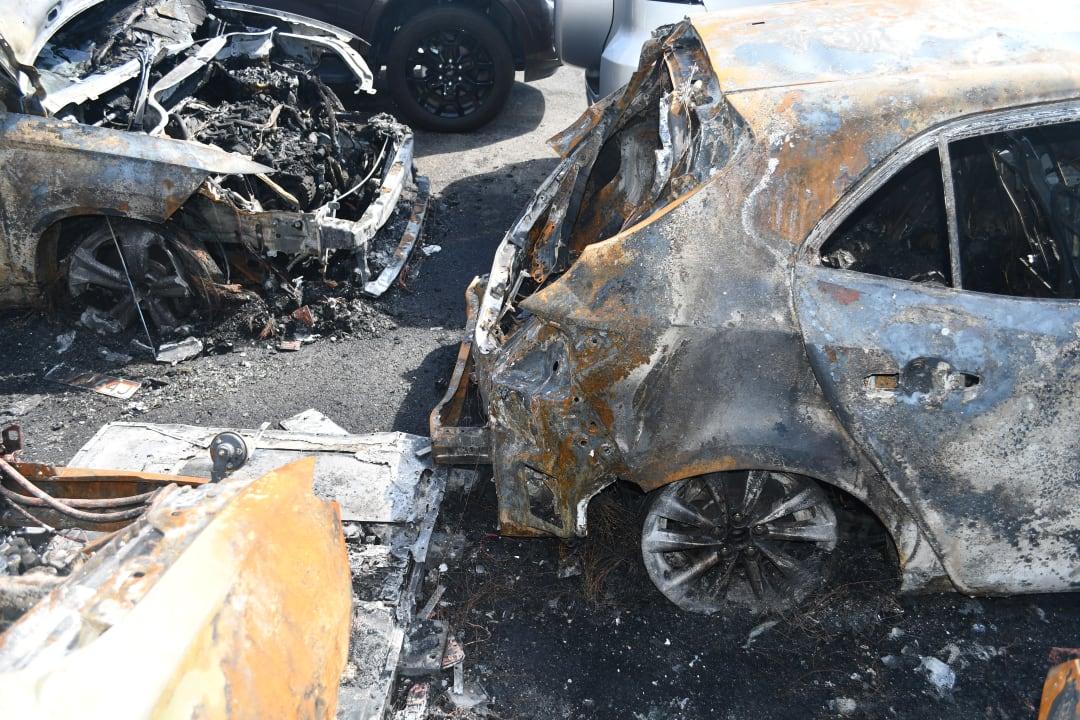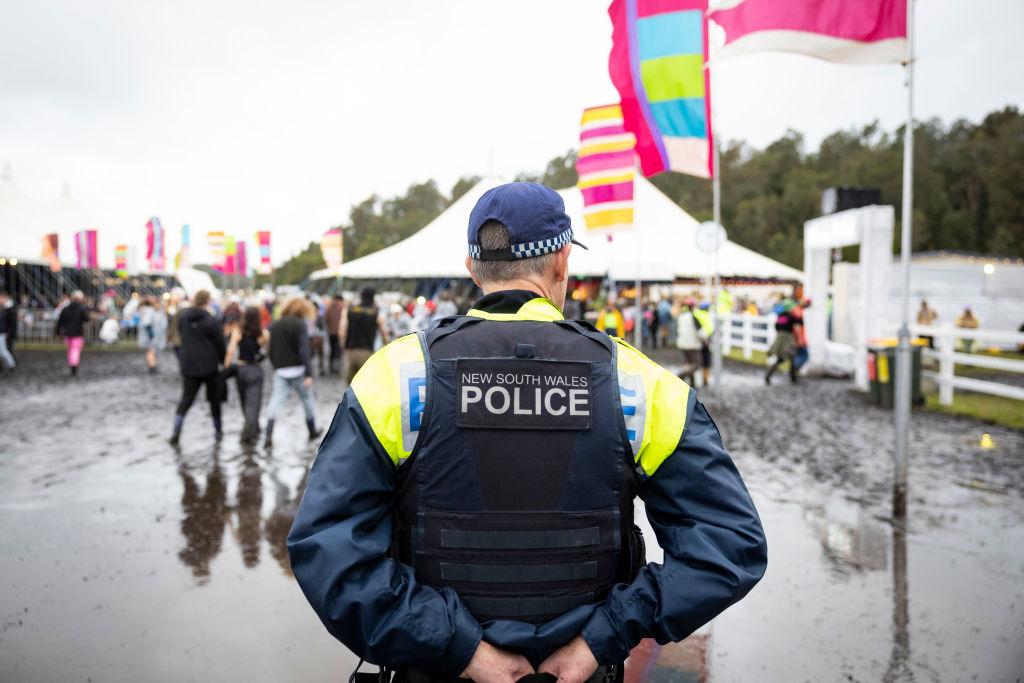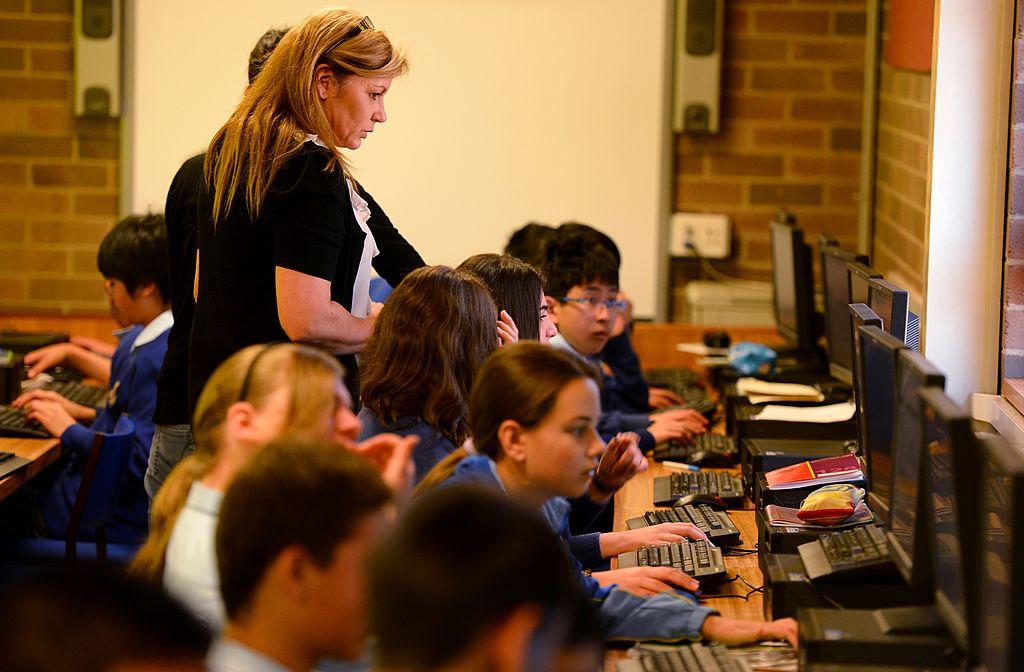Consumers have been urged to avoid misusing lithium-ion (Li-ion) batteries after recent explosions, according to fire provision authorities on Oct. 18.
Fire and Rescue New South Wales (FRNSW) Acting Commissioner Jeremy Fewtrell said Li-ion batteries, found in most mobile phones, laptops, tablets, e-scooters, e-bikes, and power tools, should be used with the charger supplied. However, some consumers are mixing and matching charges.





